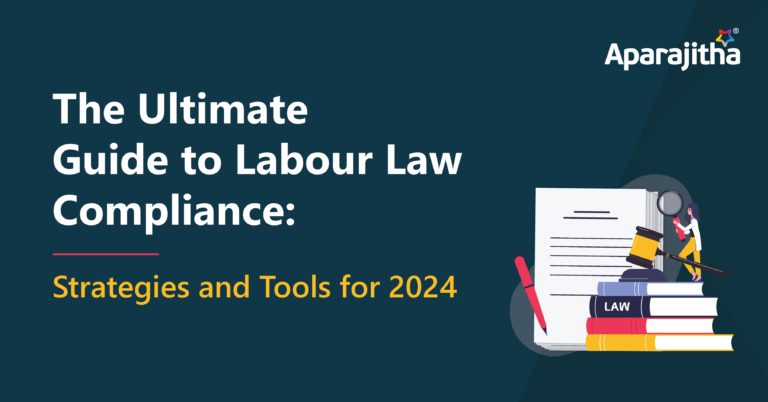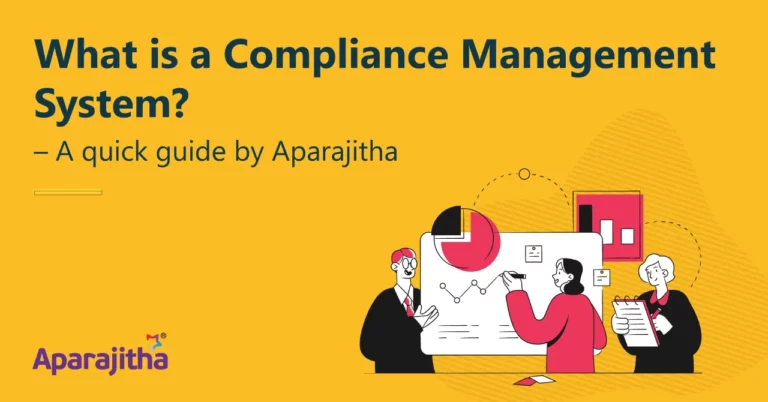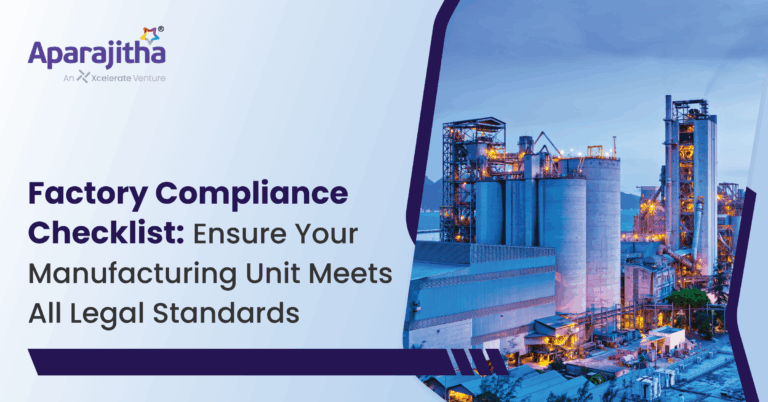A brief history of the Factories Act:
In India, large scales of factories/ industries were growing up during the industrial revolution.
Major Moore, chief inspector of the Bombay cotton department first raised a question for the provisions of the legislation to regulate the working conditions in factories. Hence the first Factories Act was enacted in the year, 1881.
The act has been amended several times on multiple occasions. The Factories Act, 1934 was enacted to replace all earlier factory acts. This was formulated by the recommendation of the Royal Labour’s Commission. This act has also been amended from time to time appropriately. Finally, the Factories Act, 1948 was passed by the constituent assembly on August 28, 1948, and it came into force on April 1, 1949.
Why Factory Compliance Audit?
The main objective of this act is not only to ensure adequate safety measures but also to promote the health and welfare of the labours working in factories.
Hence, the statutory factory compliance audit is conducted in factories to regulate the safety, health, licensing, working hours, annual leave, minimum wages, and so on.
Quick View of Indian Factories Act, 1948
Let’s have a look at statutory laws under the Indian Factories Act, 1948
Chapter 1: Preliminary
- Approval, Licensing and Registration on Factories
- Notice by Occupier
Chapter 2: The Inspecting Staff
- General Duties of Occupier
- General Duties of Manufacturers as per the articles
- Inspector and Power of Inspectors
- Certifying Surgeons
Chapter 3: Health
- Cleanliness
- Disposal of wastes and effluents
- Ventilation and Temperature
- Dust and Fume
- Artificial Humidification
- Overcrowding
- Lighting
- Drinking-Water
- Latrines and Urinals
Chapter 4: Safety
- Fencing of Machinery
- Working near machinery in motion
- Employment of young persons on dangerous machines
- Striking gear/devices for cutting off power
- Self-acting machines
- The casing of new types of machinery
- Prohibition of employment of women and children near cotton openers
- Hoist and lifts
- Lifting machines, ropes, chains or lifting tackles
- Revolving types of machinery
- Pressure Plant
- Floors, Stairs and a mean of access
- Pits, Sumps, opening in floors
- Excessive Weights
- Protection of Eyes
- Precaution against dangerous gas, fumes, etc
- Precaution for the usage of the portable electric lights
- Explosives or Inflammable dust, gas, etc
- Precautions for fire accidents
- Power to required specifications of defective parts
- Safety of buildings or pieces of machinery
- Maintenance of buildings
- Safety officers
- Power to make rules to supplement this fourth chapter
Chapter 4A: Provisions relating to hazardous process
- Constitution of Site appraisal committees
- Compulsory disclosure of information by the occupier
- Specific responsibility of occupier during hazardous moments
- Power of Central Government to appoint the Inquiry Committee
- Emergency Standards
- Permissible limits of exposure of chemical and toxic substances
- Worker’s participation in safety management
- Rights of workers to warn about an imminent danger
Chapter 5: Welfare
- Facility for washing
- Facilities for storing/drying clothes
- Sitting Facility
- First-aid tools or appliances
- Canteens
- Shelters, lunch or restrooms
- Creches
- Welfare officers
Chapter 6: Working hours of adults
- Weekly hours
- Weekly holidays
- Compensatory holidays
- Daily hours
- Interval timings
- Spread over
- Night Shifts
- Prohibition of overlapping work shifts
- Overtime Extra Wages
- Restriction of Double payment
- Notice Periods
- Registers of workers
- Hours of work corresponding with notices/registers
- Power to make exempting rule/orders
- Further restriction on employment of women
Chapter 7: Employment of Young Persons
- Prohibition of employment of Children
- Non-adult workers to carry tokens
- Certificate of Fitness
- Effect of fitness certificate granted to adolescent
- Working hours for children
- The notice period for children
- Child-Workers Registers
- Power to require medical examine
- Power to make rules by State Government
Chapter 8: Annual leave with Wages
- Wages during leave periods
- Payment in advance in some cases
- Mode of recovery of unpaid wages
- Power to exempt factories
Chapter 9: Special Provisions
- Power to apply the acts
- Power to an exempt public institution
- Dangerous operations
- Power to prohibit employment on account of serious hazards
- Notice of certain accidents/danger
- Notice of certain diseases
- Power to direct inquiry into cases of accidents or diseases
- Power to take samples
- Safety and Occupational Health Surveys
Chapter 10: Penalties and Procedures
- General penalty for offences
- Liability of owner of premises
- Enhanced penalty after previous convictions
- Penalty for obstructing the inspector
- Penalty for wrongfully disclosed analysis reports
- Offences by Workers
- Penalty for false fitness certificate
- Penalty for permitting double employment of child
- Exemption of Occupier from liability
- Power of court to make orders
- Presumption as to employment
- Onus as to age
- The onus of proving limits
- Cognizance of Offences
- Limitation of Prosecution
- Jurisdiction of court for proceedings for an offence
Chapter 11: Supplemental
- Appeals
- Display of notices
- Service notice
- Returns
- Obligation of Workers
- Right of workers
- General power to make rules
- Power of Centre to give directions
- No charge for facilities/conveniences
- Publication of rules
- Application of act to government factories
- Restriction on disclosure of information
Checklist for Factory Compliance Audit
As per the Indian Factories Act 1948, every factory should ensure with the following checklist
- Do Registration under applicable laws
- Get Licenses – Fresh/Renewals/Amendments
- Do Display of Statutory Notices
- Do Preparation of statutory records and registers
- Do Backup facility in centralized locations
- Do Preparation and the submission of periodical statutory returns
- Do On-time remittance of applicable statutory payments like ESI, EPF and EPT
- Do Audit of Contractors statutory documents
- Do Facilitation during the inspection
To ensure compliance activities an effective monitoring system is needed. For this purpose, it is always better to hire the best compliance management firm for your entire factory compliance. We, Aparajitha, India’s No.1 compliance management company with GRC framework offers Factory Compliance Services that includes the client required knowledge base and designs technology-driven systems and processes for completion of clerical activities to ensure compliance on a routine basis, thus freeing the client to focus on development and IR climate.








One Response
This checklist is incredibly helpful! It’s a great resource for ensuring that we stay compliant with all the necessary regulations. Thank you, Aparajitha, for putting this together!